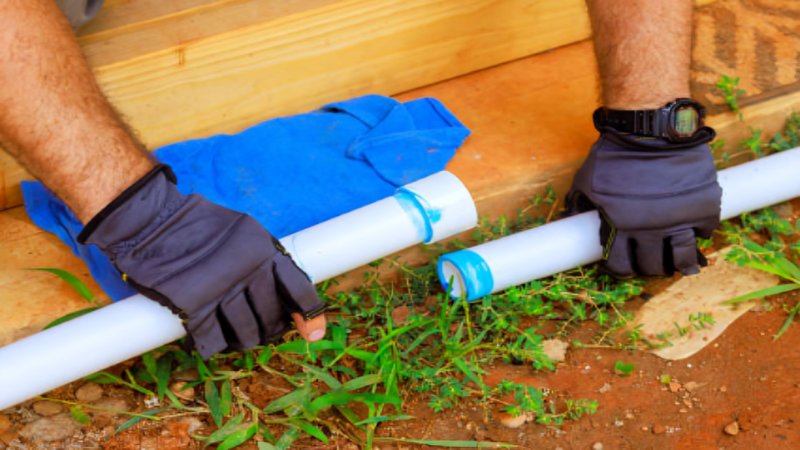If you’re a homeowner dealing with damaged or blocked pipes, understanding pipe relining cost is essential before deciding on repairs. Pipe relining is a modern solution that repairs damaged pipes from the inside without the need for extensive excavation.
While the upfront cost may vary depending on several factors, the long-term benefits—less disruption, faster installation, and extended pipe life—often outweigh traditional pipe replacement methods.
What Is Pipe Relining?
Pipe relining, sometimes called trenchless pipe repair, involves inserting a durable liner coated with epoxy into your existing damaged pipe. The liner hardens, creating a new, smooth pipe within the old one. This approach eliminates the need to dig up your lawn, driveway, or garden, offering a cleaner, less disruptive, and more efficient alternative to traditional pipe replacement methods.
Professional plumbers can assess the condition of your pipes and determine if relining is the most suitable option.
Key Factors Influencing the Cost of Pipe Relining
Several variables influence how much homeowners can expect to pay for pipe relining:
- Length and Diameter of the Pipe: Longer or larger pipes require more materials and labor.
- Severity of Damage: Pipes with extensive cracks or blockages may require additional preparation or multiple relining sections.
- Pipe Location: Pipes under concrete slabs, driveways, or hard-to-access areas can increase labor costs.
- Type of Material: Some liners and epoxy resins may be higher quality, offering a longer lifespan but at a higher cost.
- Additional Services: Cleaning, inspections, or CCTV pipe scanning can add to the total expense, but ensure a precise repair.
Understanding these factors helps homeowners plan and budget effectively.
Average Costs Homeowners Can Expect
While prices vary by location and scope of work, most homeowners can expect pipe relining to cost between $100 and $300 per meter for standard residential pipes. Minor repairs on short sections of pipe may be on the lower end, while larger projects or pipes under difficult access conditions can cost more.
Investing in pipe relining often proves cost-effective in the long term, as it extends the life of your existing pipes, reduces future maintenance, and avoids the disruption of traditional excavation methods.
Advantages of Opting for Pipe Relining
Although pipe relining may seem costly upfront, it offers multiple advantages:
- Minimal Disruption: No digging up lawns, driveways, or floors.
- Quick Installation: Most residential jobs are completed in a day or two.
- Durable Solution: Epoxy liners can last 50 years or more with proper care.
- Reduced Maintenance: Smooth interior surfaces prevent blockages and improve water flow.
- Environmentally Friendly: Less waste and disturbance compared to traditional pipe replacement.
These benefits often make pipe relining a worthwhile investment for homeowners looking for long-term solutions.
How to Reduce Pipe Relining Costs
While the price depends on multiple factors, homeowners can take steps to manage costs:
- Get Multiple Quotes: Compare pricing and services from licensed, experienced plumbers.
- Address Multiple Issues at Once: Combining repairs into one job reduces repeat labor costs.
- Regular Maintenance: Keeping pipes clean and checking for minor issues early prevents more extensive damage later.
- Choose Trusted Professionals: Investing in experienced plumbers ensures quality work and prevents costly rework.
Careful planning and choosing the right provider can maximize value for your investment.
Final Thoughts
Understanding pipe relining cost helps homeowners make informed decisions about repairing or upgrading their plumbing. While prices vary depending on pipe condition, location, and materials, the benefits of trenchless pipe repair—less disruption, long-lasting durability, and minimal maintenance—often outweigh the initial expense.
If you’re facing cracked, blocked, or aging pipes, consulting a professional plumber about pipe relining can help you save both time and money while reducing future stress. The right approach can efficiently repair your pipes, providing you with peace of mind.
